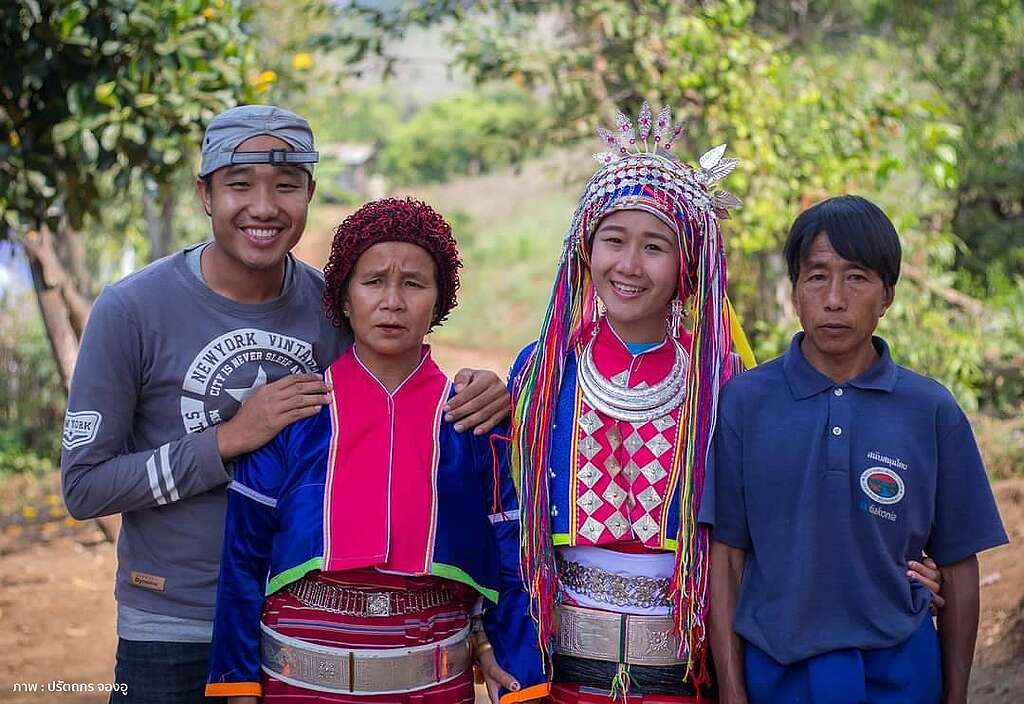Northern Thailand faces smog, linked to indigenous groups farming corn for animal feed. But this issue transcends mere agriculture. At its core, it’s about societal injustices and the statelessness these communities endure. Policies push corn cultivation, yet underlying challenges, especially a lack of citizenship, force reliance on this crop. Prattakorn Jong-U from Mae Jon village highlights these struggles in his interview with Greenpeace Thailand.
Ethnic communities aren’t impoverished due to inertia; they lack basic rights. Many can’t access education, mobility, or job opportunities, pushing them towards state-endorsed farming, where corn is paramount. This reliance on corn isn’t by choice; it’s born from societal constraints, restricted rights, and limited opportunities. The allure of corn began in the early 2000s, backed by loans and specific seed varieties. Yet, this shift was costly. Farmers spend up to 70% of their corn income on essential inputs, often finding themselves indebted, while also dealing with health risks from extensive chemical use.
Prattakorn emphasizes that rights, like citizenship and land ownership, are crucial. The absence of these rights pushes communities towards maize farming, their only feasible option given land restrictions. However, with some recently gaining identity cards, a spark of change emerges. Villagers have begun diversifying, leaning into crops like lychee, which offer better income for less land.
To secure a brighter future, locals stress the need for forest conservation incentives and a push for citizenship rights. Addressing regulations that prioritize non-burning crops could also help. Corn cultivation’s rise and its environmental implications are not merely an agricultural decision but hint at broader systemic issues, underscoring the need for Thailand to recognize and act upon its diverse communities’ rights and needs.
Recognizing the multifaceted nature of this issue is essential. While it’s easy to assign blame based on superficial assessments, the deeper narrative often remains unheard. Detractors may hastily claim that poverty shouldn’t be an excuse, yet listening to the voices of indigenous ethnic groups reveals a more intricate web of factors at play. To genuinely address the pollution and its consequential challenges, a holistic, multidimensional approach is imperative, one that considers not just the environmental implications but also the deeply rooted societal issues at its heart.

